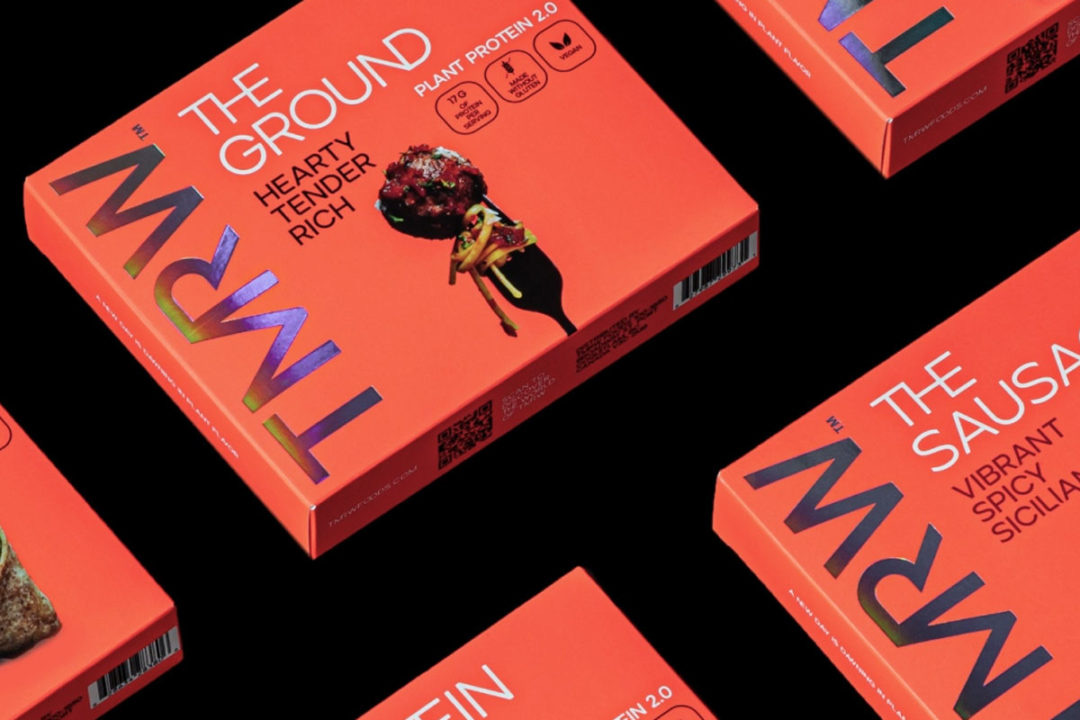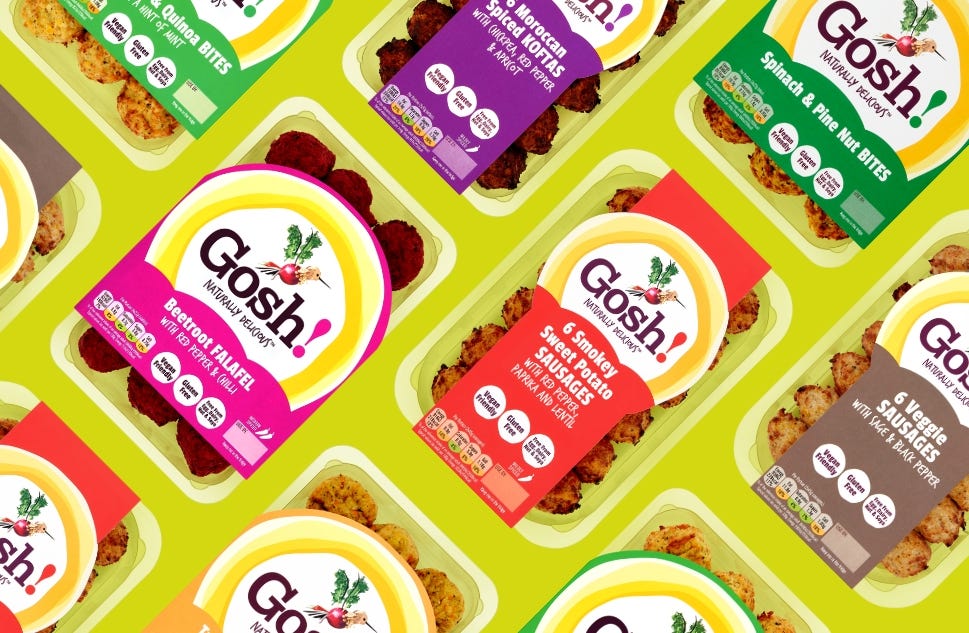One week in a post #34: Ag Decentralization,Supply Chain Struggles, Vegetable Oils, Drinking Plastic.
3 Highlights of the Week
1/ Elevating agriculture?
Smart farming: it’s a buzz word and still, hard to define. Last month a couple of events hit the market, confirming that decentralization and prediction are core pillars of such definition. Gotham Greens brought its total founding up to $440 million, since its 2009 launch, with the mandate to build future locations near major urban centers across the U.S. This is about bringing agricultural centers closer to where consumers are. In September, another ag company made remarkable progress. InnerPlant closed a $16 million in Series A funding to make “plants talk to growers”. These are genetically engineered crops that give off early “signals,” (i.e., when they are thirsty, have a pest attack or need nitrogen) so farmers can act quickly.
2/ Are we drinking plastic?
An independent analysis of 20 PET bottled beverages found that 40% of the samples — including products from Pepsi and Coca-Cola — exceeded the California Public Health Goal for antimony in drinking water. Cobalt, an additive that improves the clarity of bottles but is toxic to the nervous system, thyroid, and heart, also turned up in 40% of the sampled beverages. One scientific review documented 150 chemicals that are released from plastic bottles into food and beverages. Recycling PET likely makes these problems even worse; other studies suggest that recycling plastics is effectively recycling toxic chemicals as well. Read more about it in this piece by CivilEats.
3/ Everyone is Talking about Supply Chain Now
Supply Chain challenges were brought into the mainstream conversation with the Covid-19 burst, first. Many sectors were disrupted, including food. This year, the Russia-Ukraine war, brought the food supply conversation to a different level, especially when it comes to vegetable oils. These two countries produce and export over 70% of sunflower oil. This adds to the already limited soy oil supply due to drought in South America and constrained palm oil supply squeezed by Indonesia’s export curbs. And vegetable oils are everywhere. From canola oil in oat milk, bread, and cereal, to grape seed oil in salad dressings, sunflower oil in snacks, and rice bran oil in high-end restaurant food. The average American consumes 5–10 tablespoons of vegetable oil per day, usually unknowingly.
Recently raised $
Living Farms raise $5.8M to scale up powdered fly larvae
Gotham Greens just raised $310M to expand its greenhouses nationwide
Food delivery and marketplace startup GrubMarket is feasting on a new $120M funding round
Food technology startup Equii raises $6 million in seed round to expand fortified flours
It’s Skinny Raises Growth Funding for its keto-friendly noodles
Pulp Culture Collects $7M For Beverage Brand
Climate Friendly Products of the Week
1/ TMRW Foods
Based in Vancouver, TMRW Foods sells a lineup of soy-free and gluten-free protein shreds, burgers, sausages, and meatballs made with proprietary ingredient. Highlights:
Beyond mimicking. “We’re not trying to make plants taste like meat. We’re taking them to the next level in every way”
Flavor first. The team says that “FLAVOR FAVORS THE BOLD” and this is where their development work is focused on.
GTM. TMRW Foods is already present in major retailers in North America.
Vegan-friendly dairy products for the family. Highlights:
Collabs. Tomorrow Farms is using Perfect Day’s vegan friendly way protein.
Fun. Cool branding that pops.
Family Oriented. Finally a product that talk to our kids as well!
3/ Gosh Food
“100% natural & plant-based” products. Highlights:
Veggies first: the brand is extremely focused on clean label and putting veggies at the center of the recipe.
Product range: Gosh goes beyond burgers and nuggets, offering falafels, bites, croquettes and more!
Ready to scale: Sonae Food4Future, a subsidiary of Portugal-based Sonae, has acquired 95.4% of the share capital of Gosh! Food owner Claybell for around £64 million







